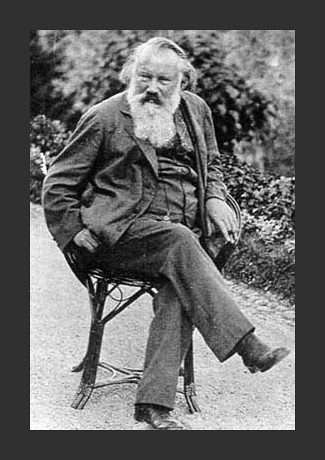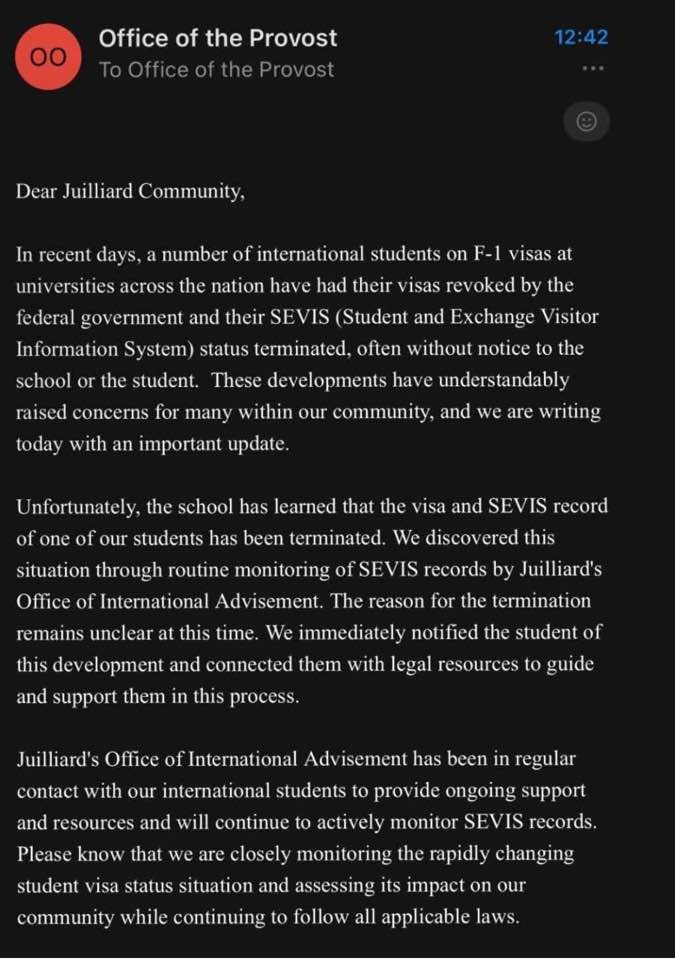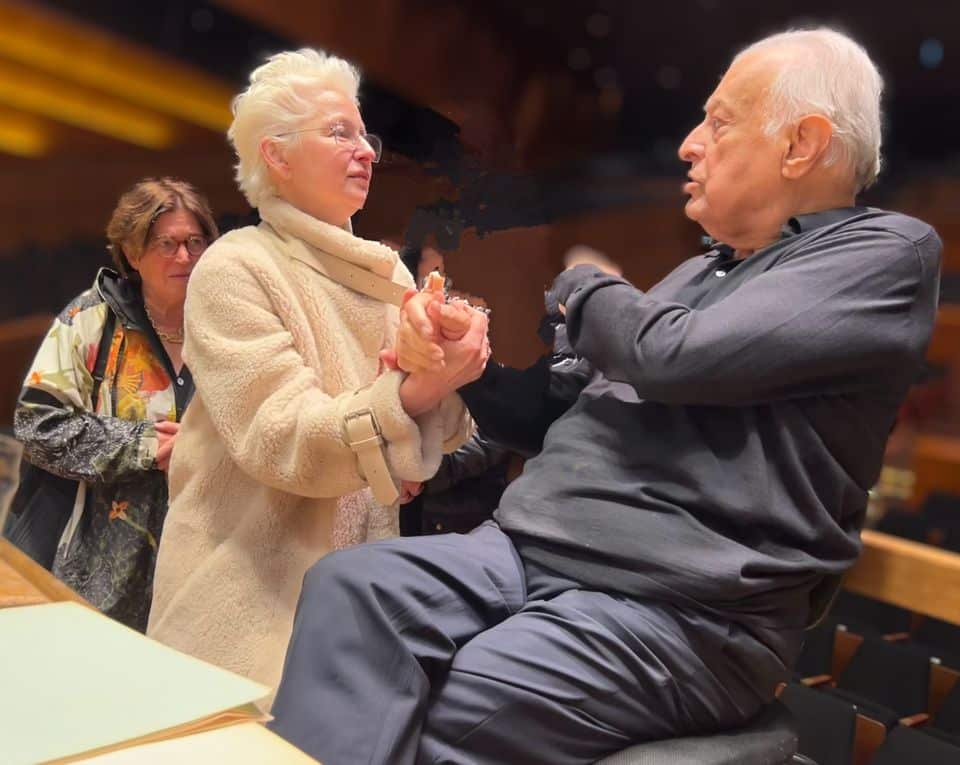The Slipped Disc daily comfort zone (93): Brahms, put me to sleep
mainThe first intermezzo, op 117, inscribed by Brahms as a lullaby.


The first intermezzo, op 117, inscribed by Brahms as a lullaby.

The alarming letter below went out last night…

Scanning the list of council members who signed…

We understand that Daniel Barenboim was well enought…

Message from Bavarian State Opera: It is with…

Session expired
Please log in again. The login page will open in a new tab. After logging in you can close it and return to this page.
Comments